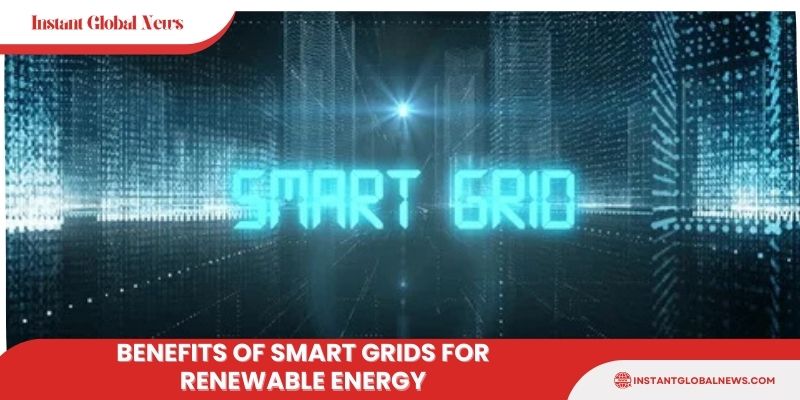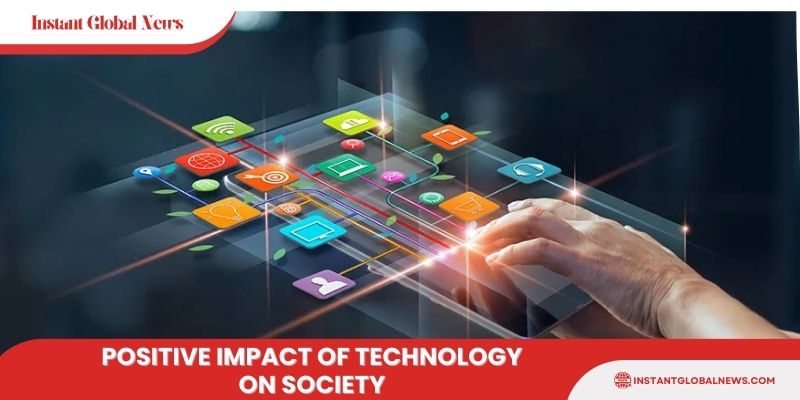Imagine a world where our energy infrastructure is more efficient, reliable, and environmentally friendly. A world where power outages are minimized, peak demand is reduced, and large-scale renewable energy systems are seamlessly integrated. This vision is becoming a reality with the advent of the Smart Grid.
The Smart Grid is the next generation of the electric grid, the network of transmission lines, substations, transformers, and more that deliver electricity to our homes and businesses. Unlike the traditional grid, the Smart Grid incorporates digital technology, allowing for two-way communication between utilities and their customers. It combines controls, computers, automation, and new technologies to create a more responsive and intelligent energy system.
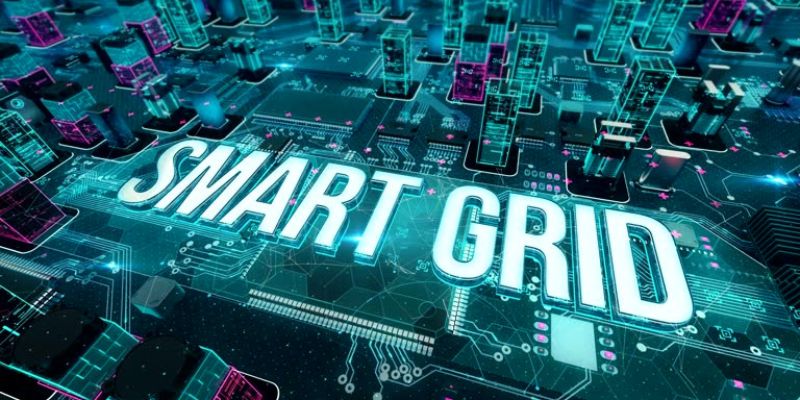
What Makes a Grid “Smart?”
At the heart of the Smart Grid is its ability to collect and analyze data. Through sensors placed along the transmission lines, the grid can detect changes in electric demand in real-time. This data is then used to optimize the distribution of electricity, ensuring a more efficient and reliable power supply.
The Benefits of the Smart Grid
The Smart Grid offers a multitude of benefits that will revolutionize the energy industry. Some of these benefits include:
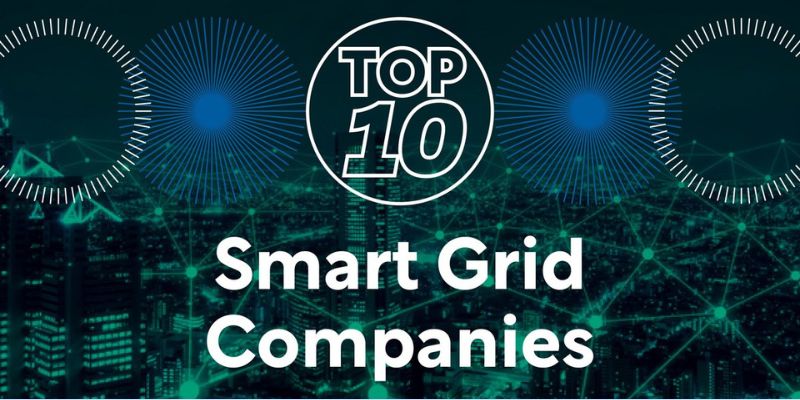
- More efficient transmission of electricity: By optimizing the distribution of electricity, the Smart Grid reduces energy losses and improves overall efficiency.
- Quicker restoration of electricity after power disturbances: The Smart Grid can automatically detect and isolate outages, minimizing their impact and speeding up the restoration process.
- Reduced operations and management costs: Utilities can lower their costs by optimizing their operations and reducing the need for manual intervention.
- Lower power costs for consumers: As the grid becomes more efficient, the cost of electricity can be reduced, leading to lower power bills for consumers.
- Increased integration of renewable energy systems: The Smart Grid enables the seamless integration of large-scale renewable energy systems, reducing our dependence on fossil fuels.
- Improved security and resilience: The Smart Grid can detect and respond to potential threats, ensuring a more secure and resilient energy system.
Empowering Consumers
The Smart Grid is not just about utilities and technologies; it’s about empowering consumers to take control of their energy use. With the help of smart meters and real-time pricing, consumers can have a clear and timely picture of their electricity consumption. This enables them to make informed choices about their energy use, ultimately saving money and reducing their environmental impact.
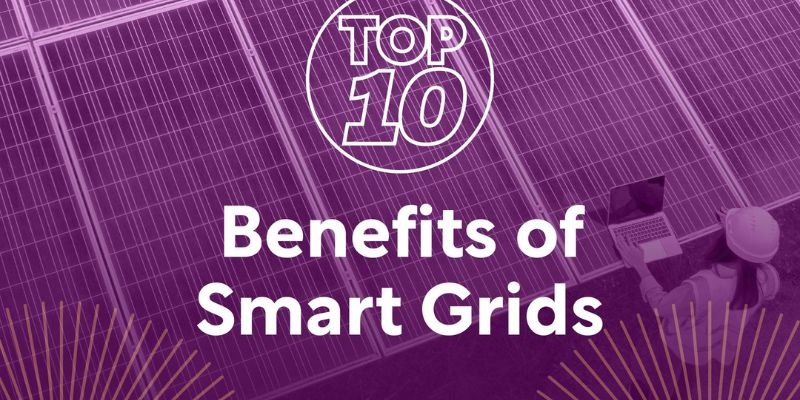
Building the Future
The transition to a fully-realized Smart Grid will take time. It requires the installation of millions of pieces of equipment and the testing of new technologies. However, as the Smart Grid evolves piece by piece over the next decade, it has the potential to revolutionize the way we live, work, and interact with energy.
The Smart Grid is not just a technological advancement; it’s a pathway to a more sustainable and resilient energy future. With its ability to optimize energy distribution, integrate renewable energy sources, and empower consumers, the Smart Grid is set to transform the energy industry for the better.
FAQs
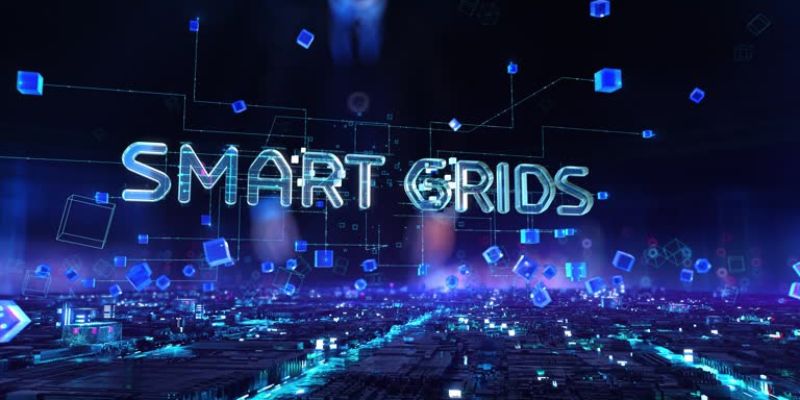
Q: How does the Smart Grid differ from the traditional grid?
A: The Smart Grid incorporates digital technology and two-way communication between utilities and consumers, allowing for real-time monitoring and optimization of energy distribution.
Q: Can the Smart Grid help lower electricity bills?
A: Yes, by optimizing energy distribution and enabling consumers to make informed choices about their energy use, the Smart Grid has the potential to reduce power costs for consumers.
Q: Is the Smart Grid more secure than the traditional grid?
A: Yes, the Smart Grid can detect and respond to potential threats, making it a more secure and resilient energy system.
Conclusion
The Smart Grid represents a significant step forward in revolutionizing the energy industry. With its ability to optimize energy distribution, integrate renewable energy sources, and empower consumers, it offers a path to a more sustainable and resilient energy future. As we continue to build and test the Smart Grid, we are moving closer to a world where our energy infrastructure is more efficient, reliable, and environmentally friendly. The Smart Grid is a game-changer, and its impact will be felt for generations to come.
For more information on the latest advancements in energy technology, visit Instant Global News.

